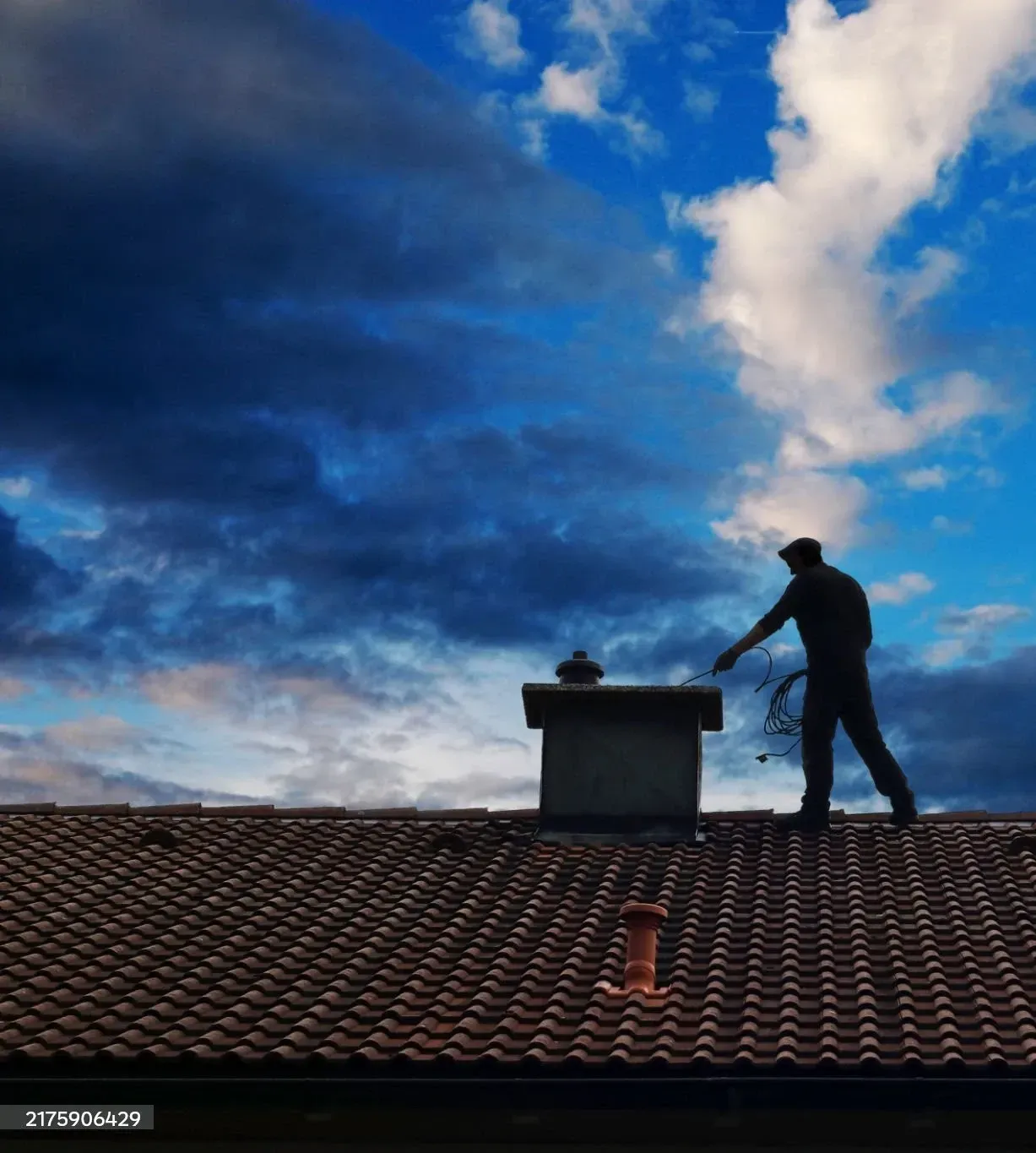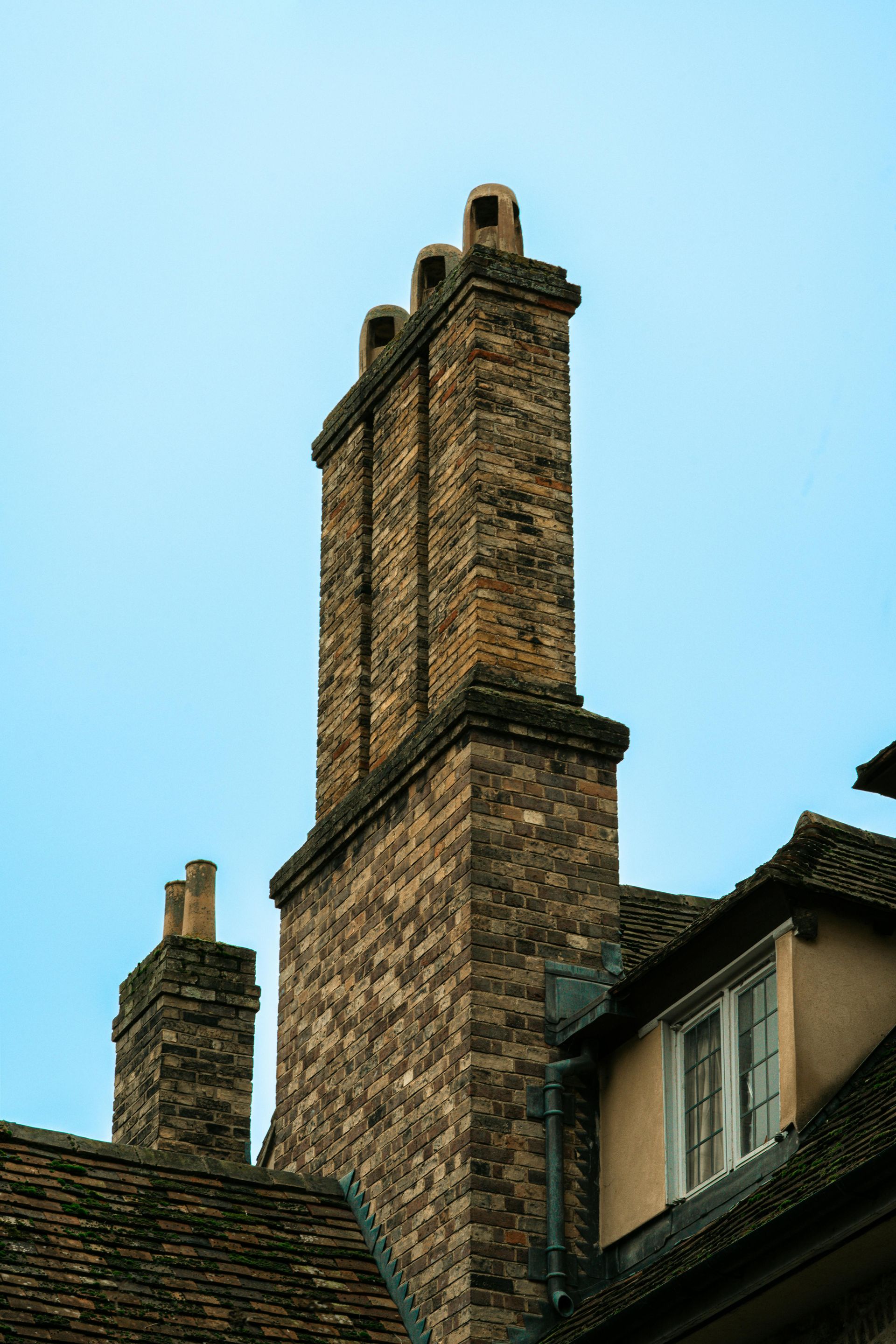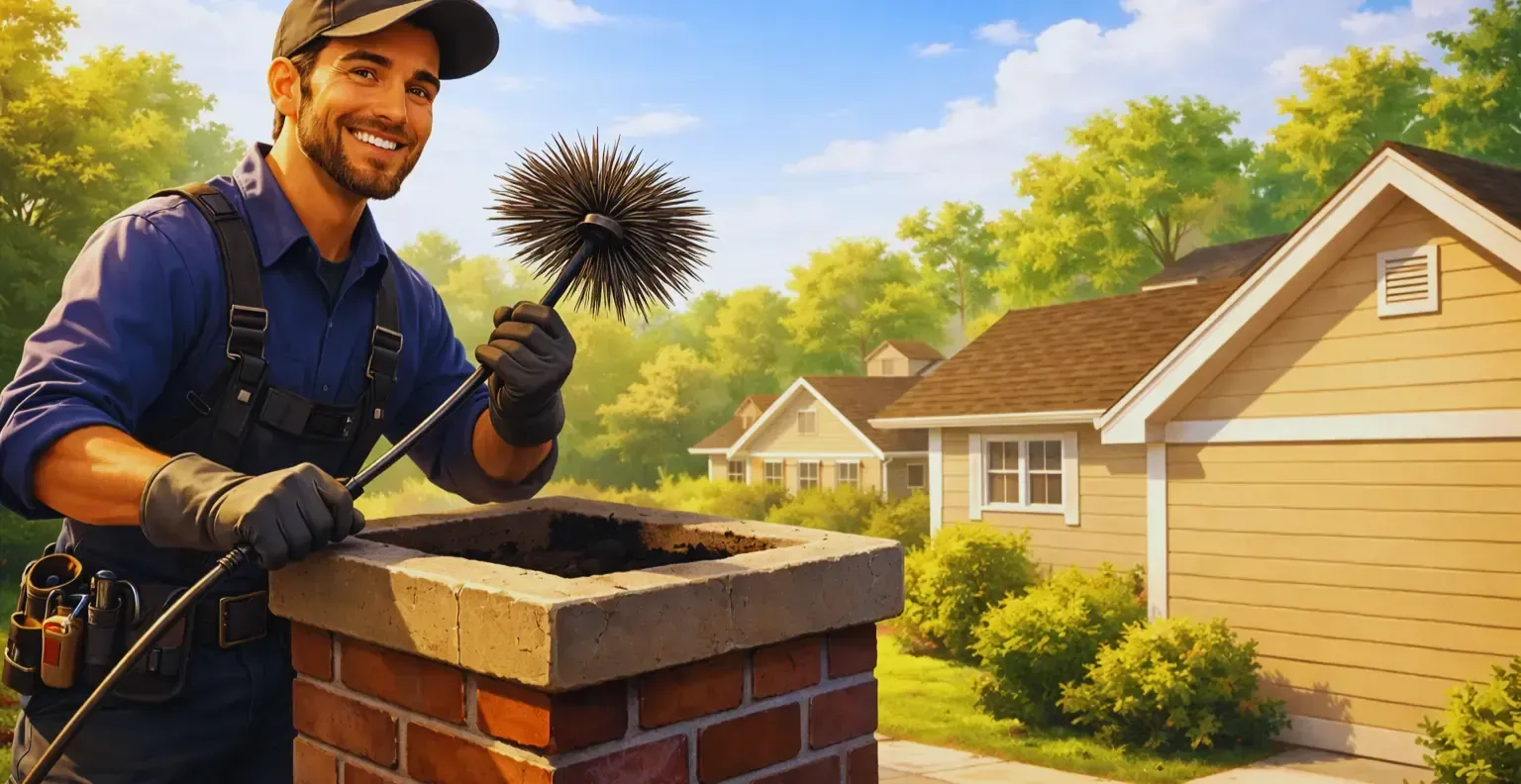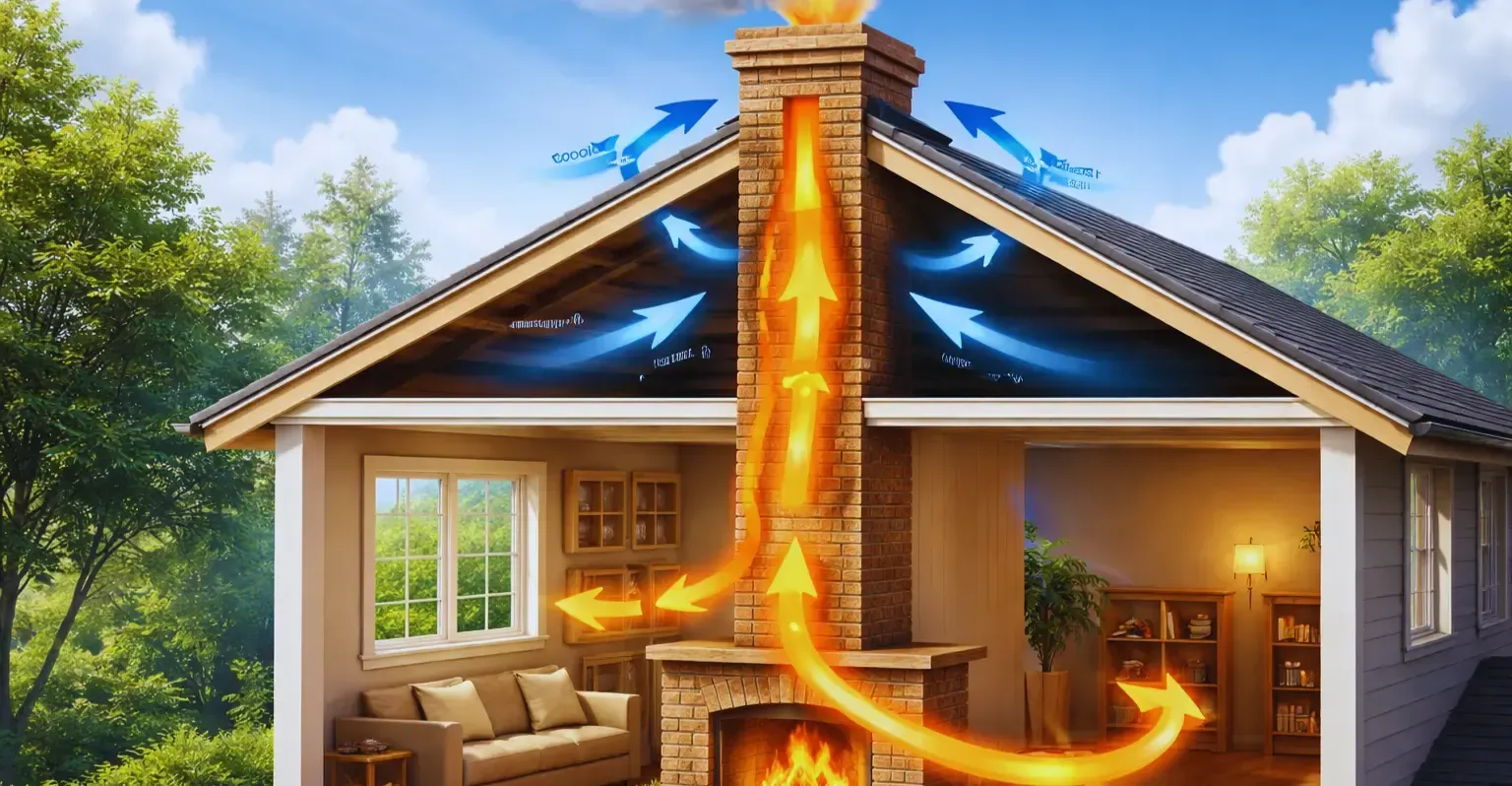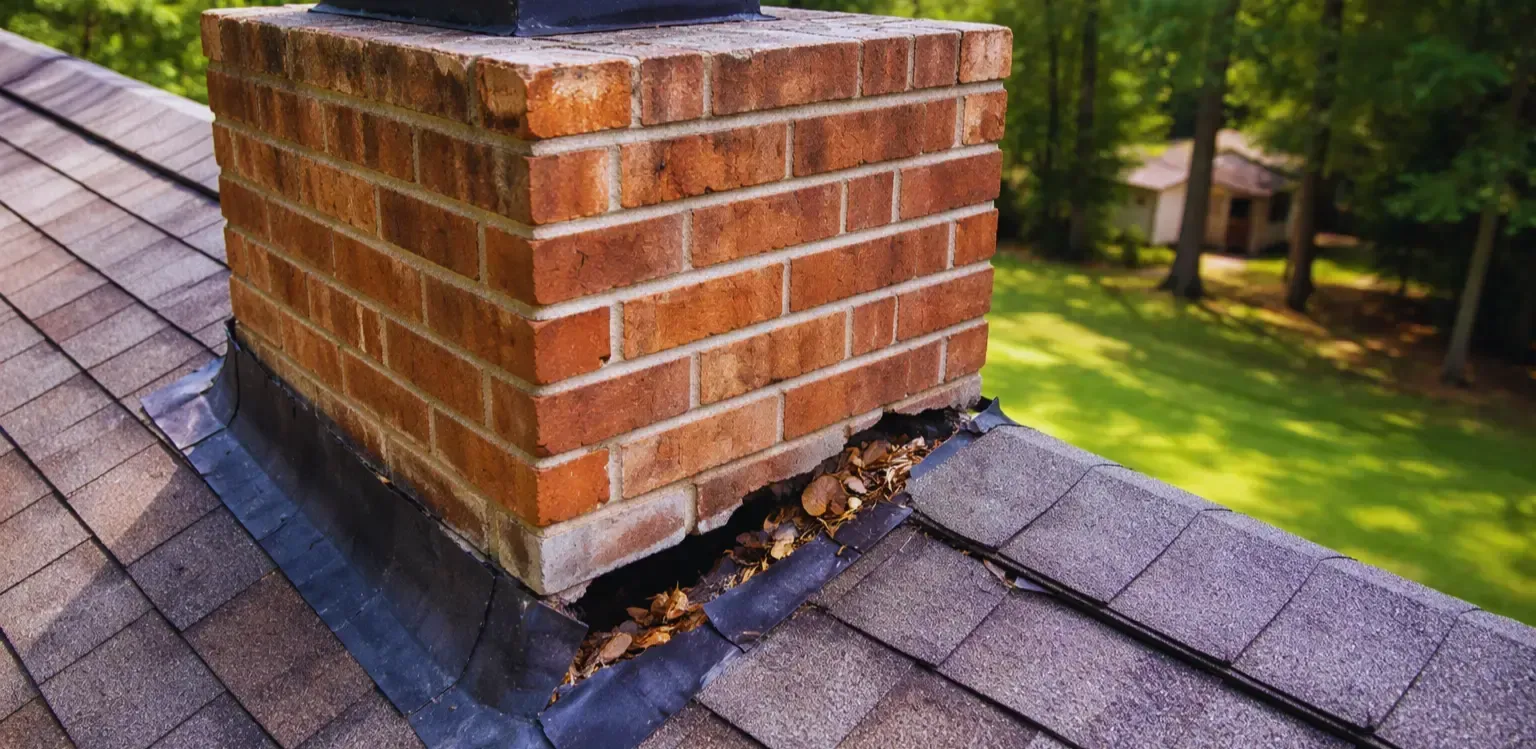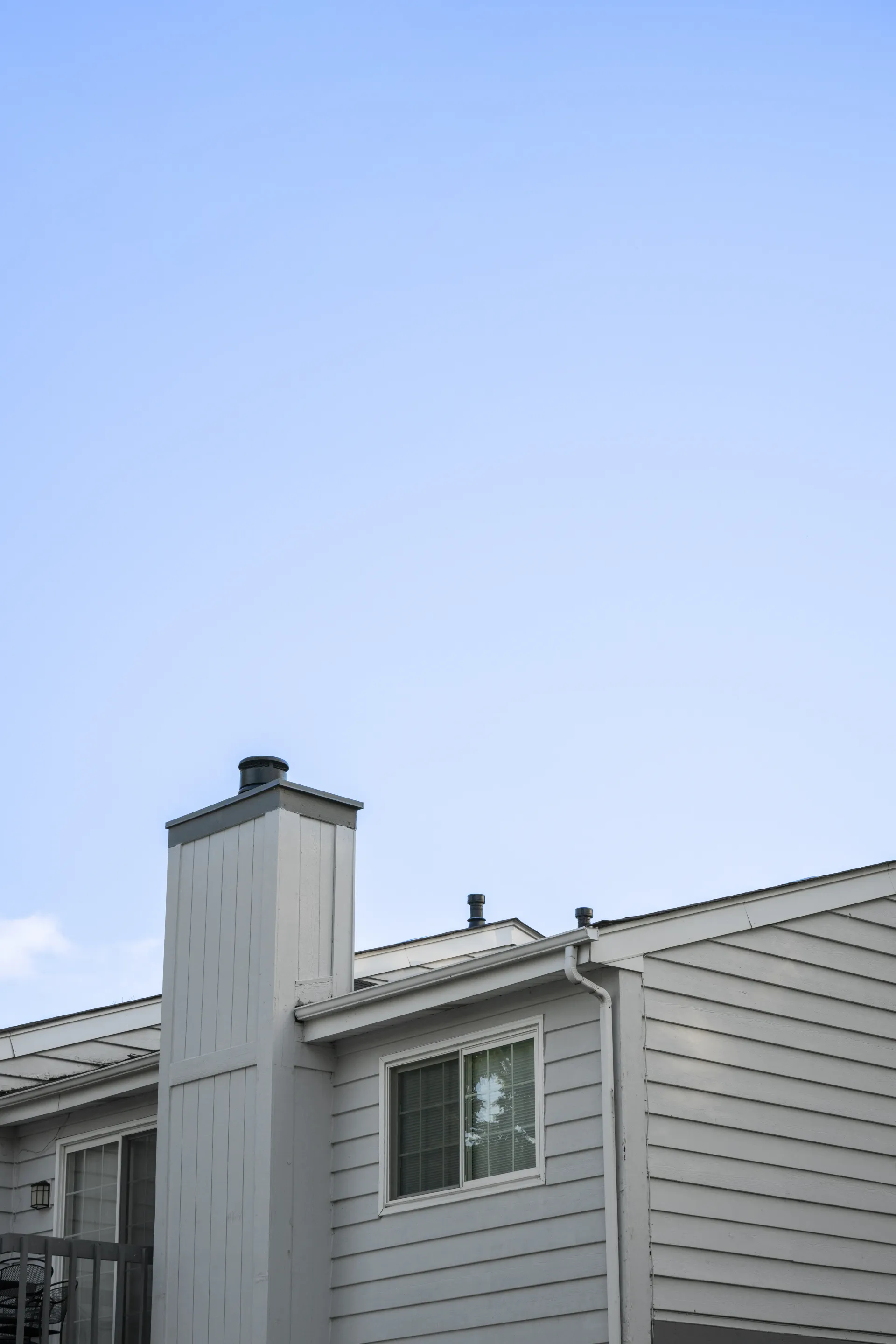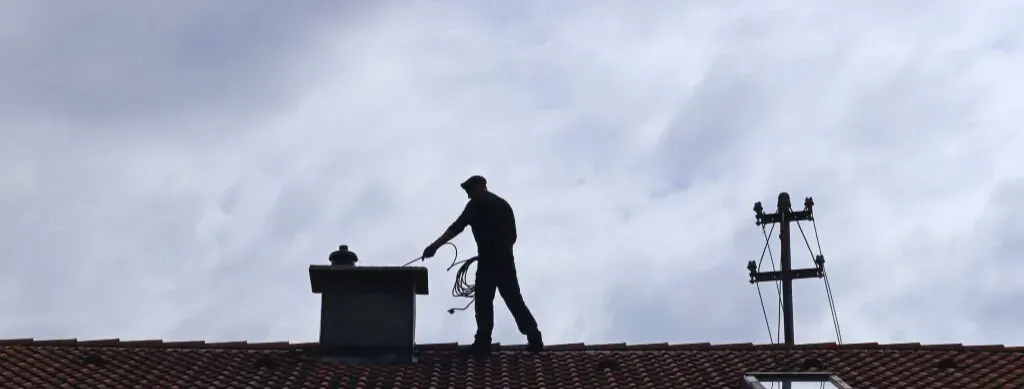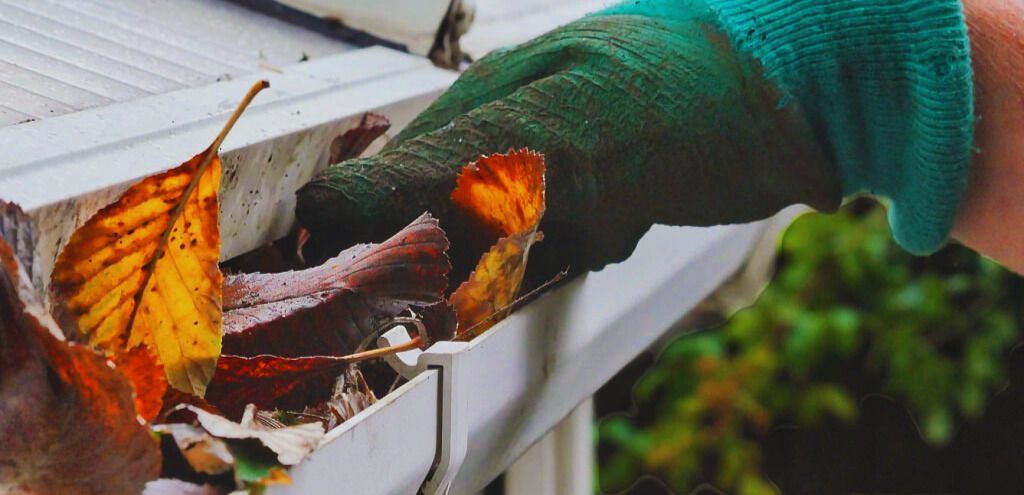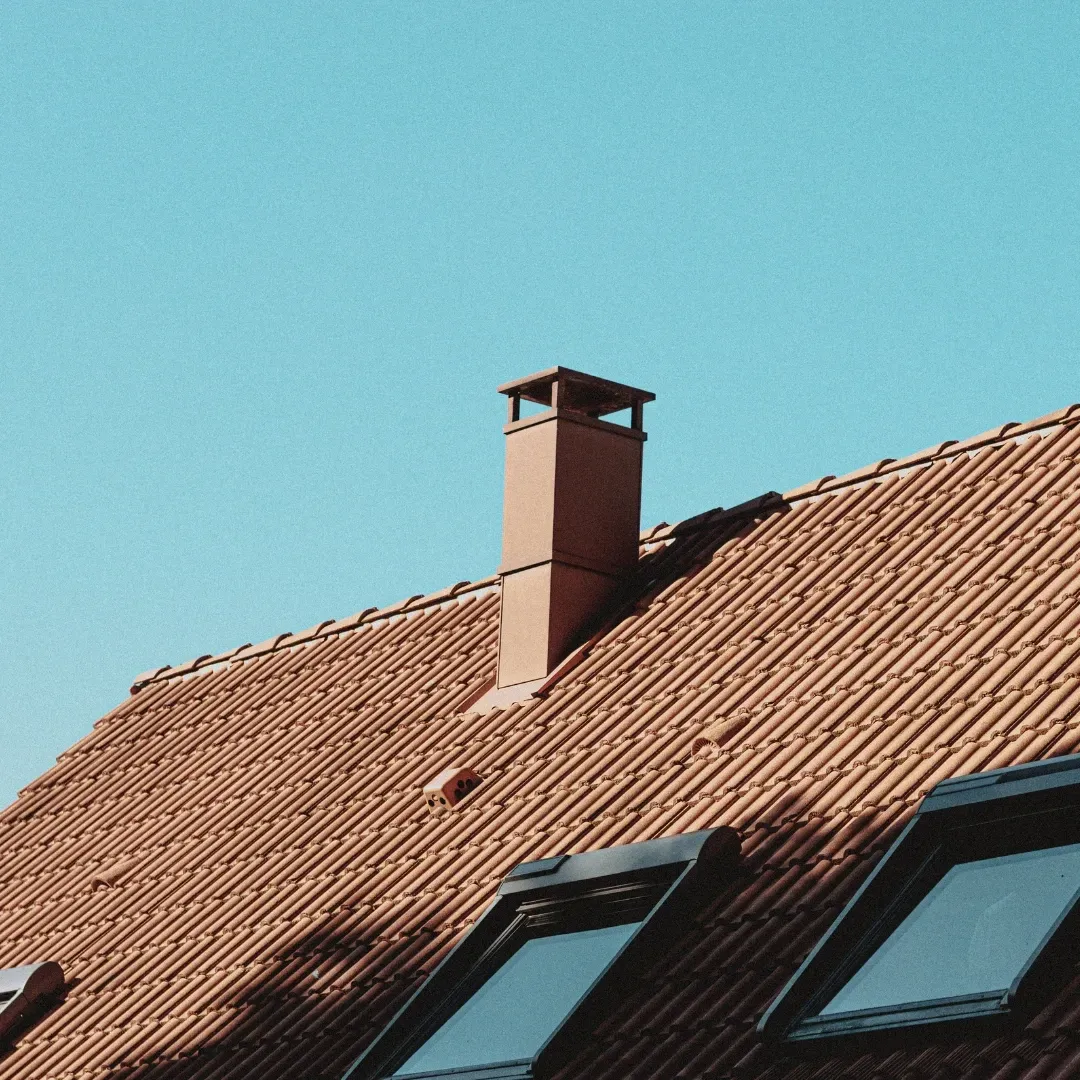Why Does My Furnace Smell Like Oil When It's Cold?
Understanding and Fixing Oil Furnace Odors in Cold Weather
As someone who's spent years servicing furnaces across Maine and New Hampshire, I've become quite familiar with the anxiety that comes when homeowners notice that distinctive oil smell from their furnace during cold snaps. Let me share a recent experience that perfectly illustrates this common winter challenge.
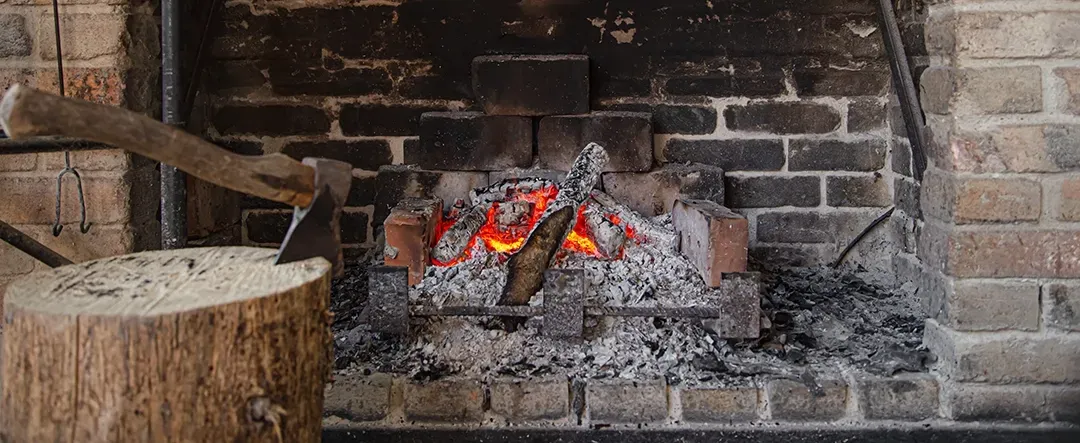
My Experience with Winter Furnace Problems in New England
Last January, during one of those bone-chilling New England nights, I received an urgent call from Sarah in Portland. Her furnace had started giving off a strong oil smell as temperatures dropped below zero. This scenario is something I encounter often at Select Chimney Services, and I want to help you understand why it happens and what you can do about it.
Common Causes of Oil Furnace Smells
Over my years of experience providing professional heating services, I've identified several reasons why furnaces might emit oil odors during cold weather:
Types of Furnace Oil Odors
| Smell Type | Likely Cause | Risk Level |
|---|---|---|
| Strong, Fresh Oil | Recent Fill/Spill | Moderate |
| Burning Oil | Clogged Filter | High |
| Smoky Oil | Improper Combustion | High |
| Rotten Oil | Oil Leak | Very High |
Safety Concerns and Quick Actions
When you smell oil from your furnace, it's important to stay calm but act promptly. As someone who's handled countless emergency calls, I can tell you that quick action often prevents bigger problems.
"Never ignore an oil smell from your furnace - it's like your heating system sending you a smoke signal for help."
Emergency Response Guidelines
First, check if the smell is getting stronger. If it is, turn off your furnace immediately and contact our emergency team for professional assistance.
Troubleshooting Steps for Homeowners
After years of serving communities across Maine and New Hampshire, I've developed a reliable approach to investigating furnace oil smells.
Cold Weather Impact on Oil Furnaces
Cold weather can affect your furnace in several ways:
First, extreme cold can cause the metal in your furnace to contract, potentially creating small gaps where oil vapors can escape.
Next, colder temperatures often lead to increased system strain as your furnace works harder to maintain comfort.
Professional Furnace Maintenance Solutions
As an experienced professional at Select Chimney Services, I recommend regular maintenance to prevent oil smell issues.
Maintenance Schedule Importance
Your furnace maintenance schedule should align with New England's seasonal changes:
SeasonMaintenance TaskPurposeFallFull InspectionWinter PreparationWinterFilter CheckEfficiency MaintenanceSpringDeep CleanPost-Season CareSummerSystem TestPreventive Check
Prevention Strategies
Seasonal Preparation Tips
Living in New England means dealing with extreme temperature swings. Here's what I recommend for preventing oil smells:
Regular filter changes keep your system running efficiently. I suggest checking your filter monthly during peak heating season.
Professional cleaning before winter hits can prevent many common issues that cause oil smells.
Long-term Solutions
Working throughout Maine and New Hampshire, I've learned that investing in proper maintenance saves money in the long run.
Cost Considerations
Here's what you might expect to pay for various services:
| Service Type | Average Cost | Frequency Needed |
|---|---|---|
| Filter Change | $30-50 | Every 1-3 months |
| Basic Cleaning | $150-250 | Annually |
| Full Tune-up | $300-500 | Annually |
| Emergency Service | $200-400 | As needed |
When to Call a Professional
Some situations require immediate professional attention. Visit our homepage to learn more about our emergency services.
Key Takeaways
From my experience serving New England homes:
- Oil smells often worsen in cold weather
- Regular maintenance prevents most issues
- Quick response prevents bigger problems
- Professional inspection is worth the investment
- Safety should always come first
Frequently Asked Questions
Q: Is it normal for my furnace to smell like oil when it's very cold?
A: While not uncommon, it's not normal and should be investigated.
Q: How quickly should I act if I smell oil?
A: Immediately. If the smell is strong, turn off your furnace and call a professional.
Q: How much does it cost to fix an oil smell issue?
A: Typically between $150-500, depending on the cause.
Q: Can cold weather damage my oil furnace?
A: Extreme cold can stress your system, making regular maintenance even more important.
Conclusion
As someone who's spent years working with oil furnaces in Maine and New Hampshire's harsh winters, I understand how concerning oil smells can be. While some causes are simple fixes, others require professional attention. Regular maintenance and quick response to problems are your best defenses against serious issues. Remember, in our New England climate, taking care of your furnace isn't just about comfort - it's about safety and peace of mind.
Need help with your oil furnace? Our team at Select Chimney Services has the experience and expertise to keep your heating system running safely and efficiently throughout our tough New England winters.
